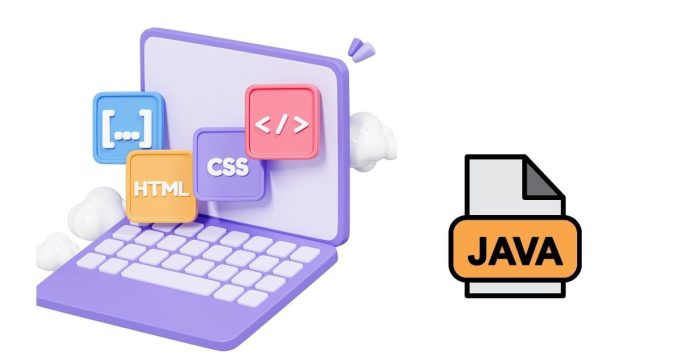In Java, the switch statement can be used with enums to make decisions based on the values of an enum type. An enum is a special data type that defines a collection of constants (fixed set of values). Using switch with enums enhances the readability and maintainability of code when working with a known set of values.
Syntax of Switch with Enum:
enum EnumType {
VALUE1, VALUE2, VALUE3
}
switch (enumVariable) {
case VALUE1:
// Code for VALUE1
break;
case VALUE2:
// Code for VALUE2
break;
case VALUE3:
// Code for VALUE3
break;
default:
// Code if none of the cases match
}
Example:
Let’s look at a concrete example of how switch works with an enum in Java.
// Define the Enum
enum Day {
MONDAY, TUESDAY, WEDNESDAY, THURSDAY, FRIDAY, SATURDAY, SUNDAY
}
public class SwitchEnumExample {
public static void main(String[] args) {
// Assign an enum value
Day today = Day.MONDAY;
// Switch on the enum value
switch (today) {
case MONDAY:
System.out.println("Start of the week!");
break;
case TUESDAY:
System.out.println("Second day of the week.");
break;
case WEDNESDAY:
System.out.println("Midweek.");
break;
case THURSDAY:
System.out.println("Almost the weekend.");
break;
case FRIDAY:
System.out.println("Last day of work.");
break;
case SATURDAY:
System.out.println("Weekend begins!");
break;
case SUNDAY:
System.out.println("Relaxing day before the week starts.");
break;
default:
System.out.println("Invalid day.");
}
}
}
Explanation:
- Enum Declaration: The enum
Daycontains the days of the week (Monday to Sunday). - Switch Statement: The
switchstatement evaluates thetodayvariable, which is assigned one of the enum values (in this case,Day.MONDAY). - Based on the value of
today, it prints the corresponding message for that day.
Output:
Start of the week!
Key Points:
- Enum Constants: The enum constants are used directly in the
switchcase statements. - Default Case: While not mandatory, the
defaultcase can be used to handle unexpected values (though with enums, this is rarely needed if you have covered all enum constants). - No Need for
breakin Enums: Thebreakstatement is still required to exit the switch block after a case is executed. Without it, code will “fall through” to the next case.
Using Enum values() Method in Switch:
Sometimes, it can be useful to iterate over all values of an enum, for instance, if you’re performing a more generalized operation. You can use the values() method to loop through all enum values.
enum Day {
MONDAY, TUESDAY, WEDNESDAY, THURSDAY, FRIDAY, SATURDAY, SUNDAY
}
public class EnumLoopExample {
public static void main(String[] args) {
// Loop through all enum values
for (Day day : Day.values()) {
switch (day) {
case MONDAY:
System.out.println("Start of the week!");
break;
case FRIDAY:
System.out.println("It's almost the weekend!");
break;
default:
System.out.println(day + " is just another weekday.");
break;
}
}
}
}
Output:
Start of the week!
It's just another weekday.
It's just another weekday.
It's just another weekday.
It's just another weekday.
It's just another weekday.
It's almost the weekend!
Advantages of Using Switch with Enum:
- Type Safety: The
switchstatement with enums provides type safety since you can only switch on the defined constants of the enum, reducing the chance of errors. - Readability: It makes the code more readable and understandable because enums represent fixed sets of values, making it clear what each value means.
- Maintainability: If new enum values are added, you can easily update the switch block without worrying about incorrect or unexpected values.
Conclusion:
Using switch with enums in Java is a powerful feature that simplifies decision-making when dealing with a fixed set of constant values. It enhances code clarity, reduces errors, and improves maintainability, making it a common practice in scenarios such as handling days of the week, states, or any other fixed set of values.


